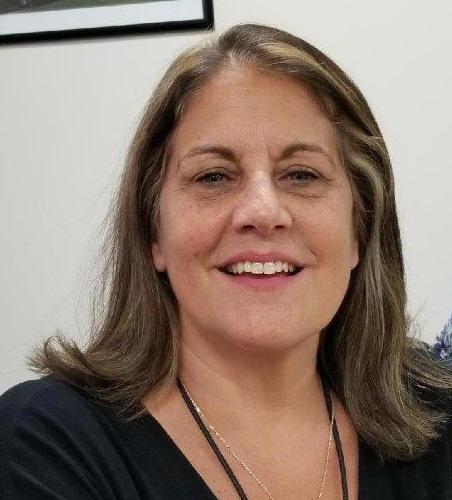
2 minute read
HIGHLIGHTING HCS’S WORK
HCS PAYMENT TEAM TAKES ON CHALLENGE OF ISSUING COVID-19 PAYMENTS TO PROVIDERS
Each issue, we will highlight the work of one of our teams. This quarter, we’re taking a look at our payment team, which issues payments to our providers.
Advertisement
In the wake of COVID-19, many of us at ALTSA have been challenged with finding innovative ways to support our clients and providers. For the HCS payment team, they faced the unprecedented challenge of figuring out how to disburse additional federal funding appropriated in state fiscal year 2020 to providers in ways that mitigate the impacts of COVID-19 – all on a much quicker timeline than usual.
“It’s not as easy as it may appear to give money to the providers on the scale we were talking about,” said Alec Graham, Chief of the Office of Home and Community Programs. “It was millions of dollars in additional funding.”
The additional money comes from a federal funding increase for Medicaid programs that was part of the Families First Coronavirus Response Act, or FFCRA. The payment team, with the support of others within ALTSA and across agencies, was tasked with not only disbursing the money but amending policies to govern the payouts. Typically, such a process would take months, but the team disbursed the FFCRA money within weeks.
The team had the added challenge of making emergency policy amendments, carefully and within the parameters of the funding requirements, so HCS is not in the position of having to pay back much-needed money.
“It was one of those collaborative efforts,” Alec said. “It was in combination with a lot of staff who worked really hard at HCS, but also at the Health Care Authority and CMS. It was really an across-the-board effort.” The team developed a three-pronged approach that would offer muchneeded support to providers of longterm services and supports. First, they “ It’s not as easy as it may appear to created a series of new pandemicgive money to the related extraordinary service codes that would pay providers, particularly home providers on the scale care agencies and in-home providers, we were talking about. for all the extraordinary measures they have had to take in response to the – Alec Graham, Chief of pandemic. This might include increasing the Office of Home and staffing and paying for additional cleaning supplies and PPE. Community Programs Second, they developed a retroactive rate increase for providers, such as home-delivered meal providers, who have seen a sharp increase in demand for their services, or who have been called on to a greater extent than before, but who needed funds to grow their capacity.
Finally, they created retainer payments to providers who were dramatically negatively affected, such as adult day service or adult day care providers and all the residential providers who lost clientele. The payment team created a retainer payment that would “hold” the spot for clients who are not currently receiving services due to the pandemic, allowing providers to maintain their operating expenses and employees, while also meeting increased demands for staffing and equipment.
Although this round of payments has been disbursed, the team has a new challenge ahead. The Office of Financial Management and the state legislature have approved the use of increased federal match funding for July-September to support increased rates and retention payment for some providers. The payment team is in the process of determining what those rate add-ons will be and working to implement those payments.




